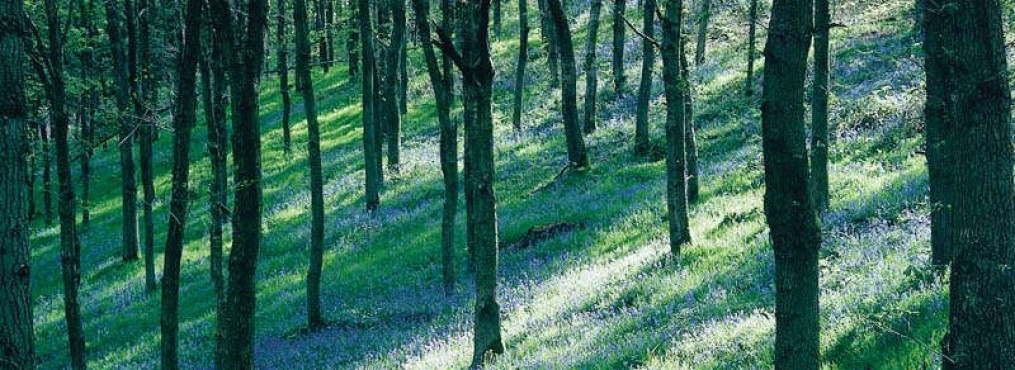Sharing the Harvest
 A gentle consolation of the onset of Autumn is the British fruit season. Perfumed Cox’s Orange Pippin, ruby-skinned Victoria plums and – my particular favourite – the sharp, sweet and intensely juicy Lord Lambourne are just three reasons to celebrate the arrival of October. Nowhere else in the world does apples, plums and pears the way we do – despite the fact that the supermarkets are full of South African Pink Ladies and the inappropriately named French Golden Delicious.
A gentle consolation of the onset of Autumn is the British fruit season. Perfumed Cox’s Orange Pippin, ruby-skinned Victoria plums and – my particular favourite – the sharp, sweet and intensely juicy Lord Lambourne are just three reasons to celebrate the arrival of October. Nowhere else in the world does apples, plums and pears the way we do – despite the fact that the supermarkets are full of South African Pink Ladies and the inappropriately named French Golden Delicious.
Sadly, however, thousands of tons of fruit go to waste every year – garden orchards tend to provide far more than owners can deal with, despite our wonderful inventiveness with chutneys, jellies, jams and compotes. In the end it’s easier to leave much of it rotting on the ground for the drunken sleepy wasps. Fruit trees in public parks and open spaces will often produce their crop unnoticed.
There is however a solution: a growing harvest-sharing movement, which is getting bigger each year, collects tons of potentially wasted fruit, gives first pickings to private tree owners then shares out the rest to community groups such as care homes for the elderly, Sure Start nurseries and hostels for the homeless. Any bruised fruit is then squeezed for its juice or turned into preserves at chutney – and jam-making workshops, thus minimising waste and providing a free bounty with minimal food miles.
One such group is Abundance Manchester which this year has already picked apples, pears, plums, damsons and even grapes and figs as well as vegetables from local allotment holders who don’t know what to do with their surplus. “There’s only so many ways a single household can cook a courgette,” says Debs Clarke of Abundance Manchester. “We leave boxes at allotments and people just put whatever they can’t use into them and then we re-distribute them to Day Centres and hostels.” Far from being wary about letting strangers into their gardens, she says most garden-owners with fruit trees are only too happy to share rather than letting the surplus rot. The group advertises through fliers and posters and tree owners then contact it when their fruit is ready to pick.
Why do these people do it? “We hate to see good local food go to waste, we love British apples, plums and pears and some of us just love climbing trees,” says Debs.
Another group in Sheffield, which now has more than 100 members and has been going since 2007, has even got its own fleet of pedal-powered trikes that can take trailers of fruit with 200 kg weight on the back, and small trailers made out of scrap metal that can hold 60 kg loads. “We picked almost half a ton of pears last Saturday,” says Peter Hodge of Abundance Sheffield. “There is a lovely lady in her nineties with a large garden and three massive pear trees. We leaver her a box of about three dozen pears – all that she can deal with – and the rest is distributed for free to community groups.”
Tree owners are happy to get involved. June Cattell has a mature Victoria plum tree in her front garden in the Broom Hall area of Sheffield. Every autumn harvesters swarm up the tree for the red-skinned, golden-fleshed fruit. “They are delicious to eat raw and I love making plum crumble but there are only so many we can eat,” she says. “I don’t particularly like plum jam so when we have spare it’s good to see them going to a good home. It’s nice to know that everyone who passes can see the fruit being harvested and not just left to rot.”
Since Sheffield Abundance started, some 20 other, mainly urban harvesting groups have followed its example – there is Bristol Fruit Sharers, Leeds Urban Harvest, Abundance Edinburgh to name but a few. Harvest time, it seems, does not have to just mean wheat sheaves in the countryside, but also, ladders in the towns.
Jamie Beevor, who co-ordinates Hackney Harvest in London says as well as keeping a list of private owners, the group maps public trees in the Borough so that every year hey know where and when the local crab apple, sloe, almond and even fig and walnut trees are ready. “It’s an obvious win to make more use of the fruit that grows in our cities,” says Jamie. “The waiting list for allotments in London is insane. We can’t be self-sufficient, of course, but there are thousands of tons of wonderful local fruit out there and it’s such a shame to waste it.”
Info
Abundance Sheffield as produced a free downloadable handbook which explains how to get a good harvest sharing group off the ground. For details go to www.growsheffield.com
Look out for ‘Apple Day’ events in your area www.commonground.org.uk/appleday
This article first appeared in the Telegraph last October
